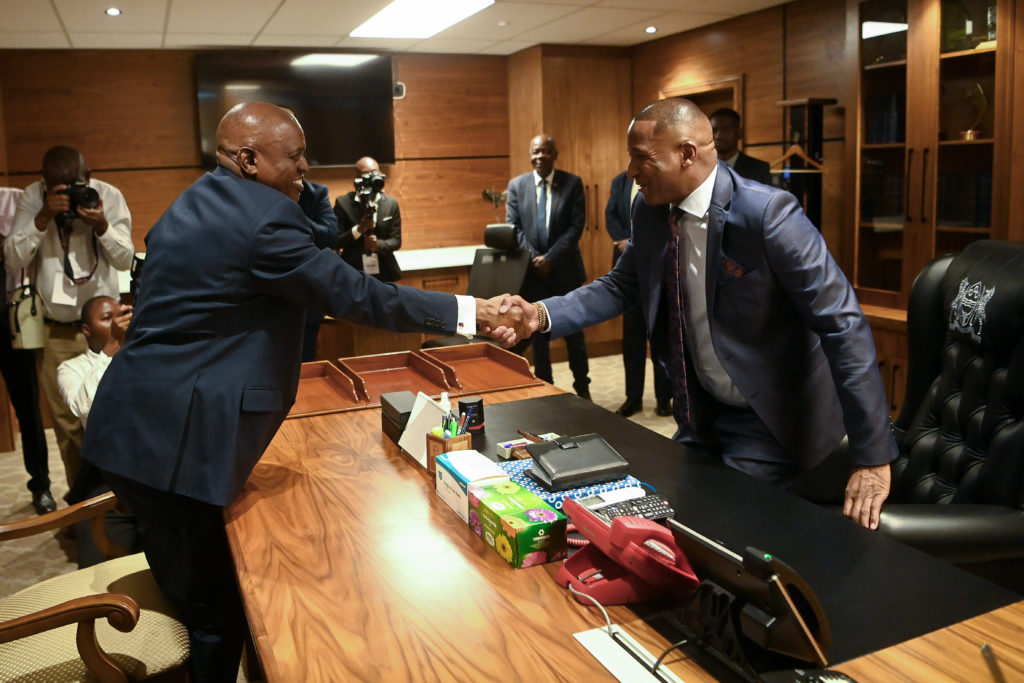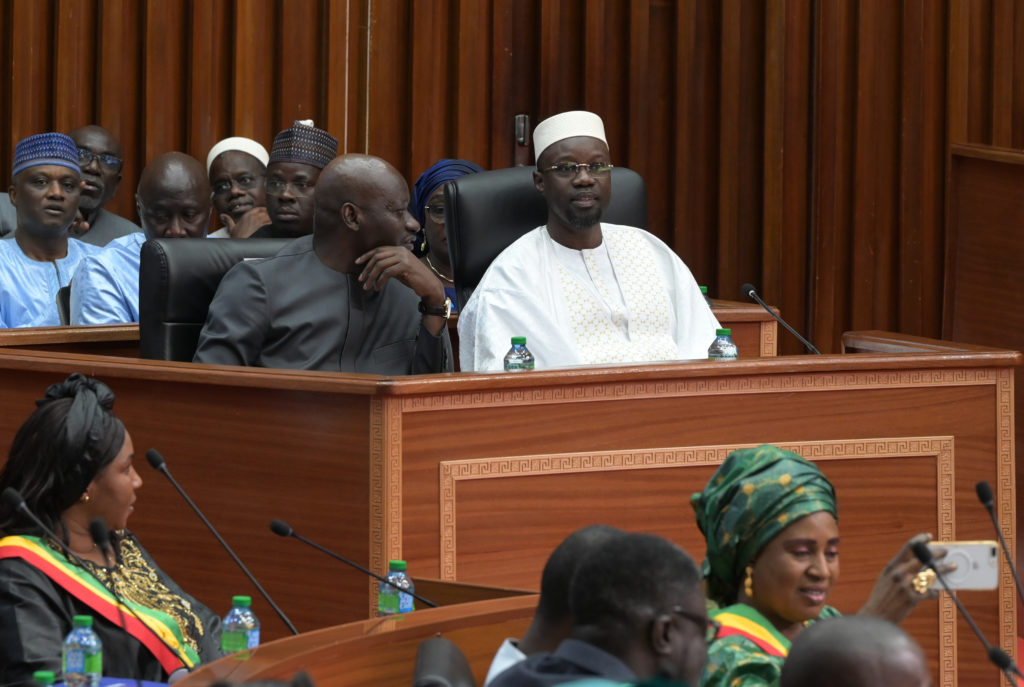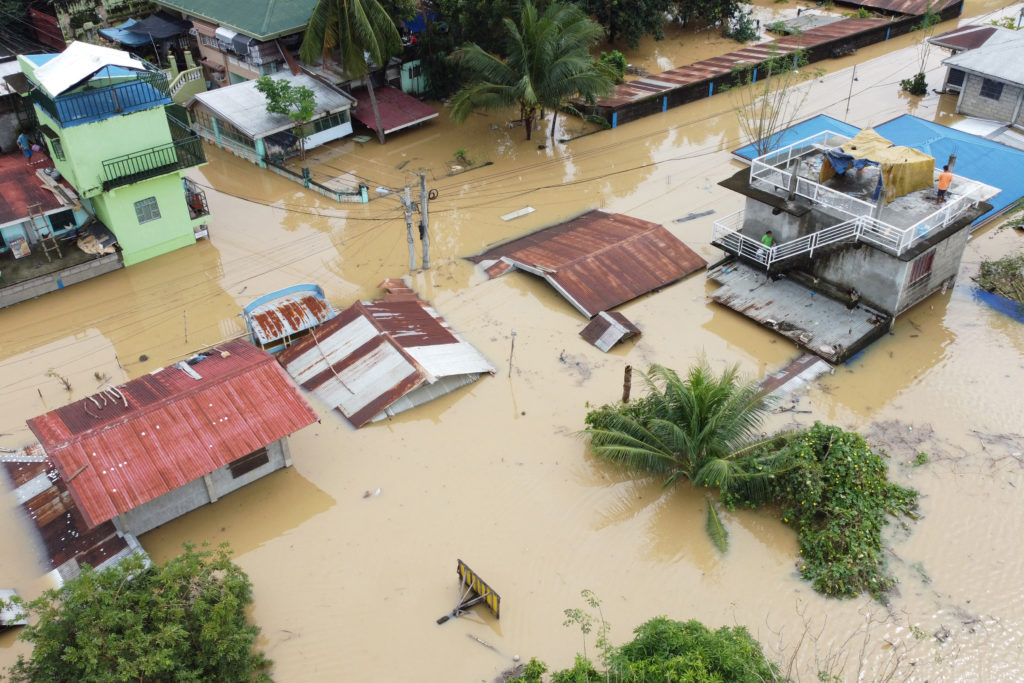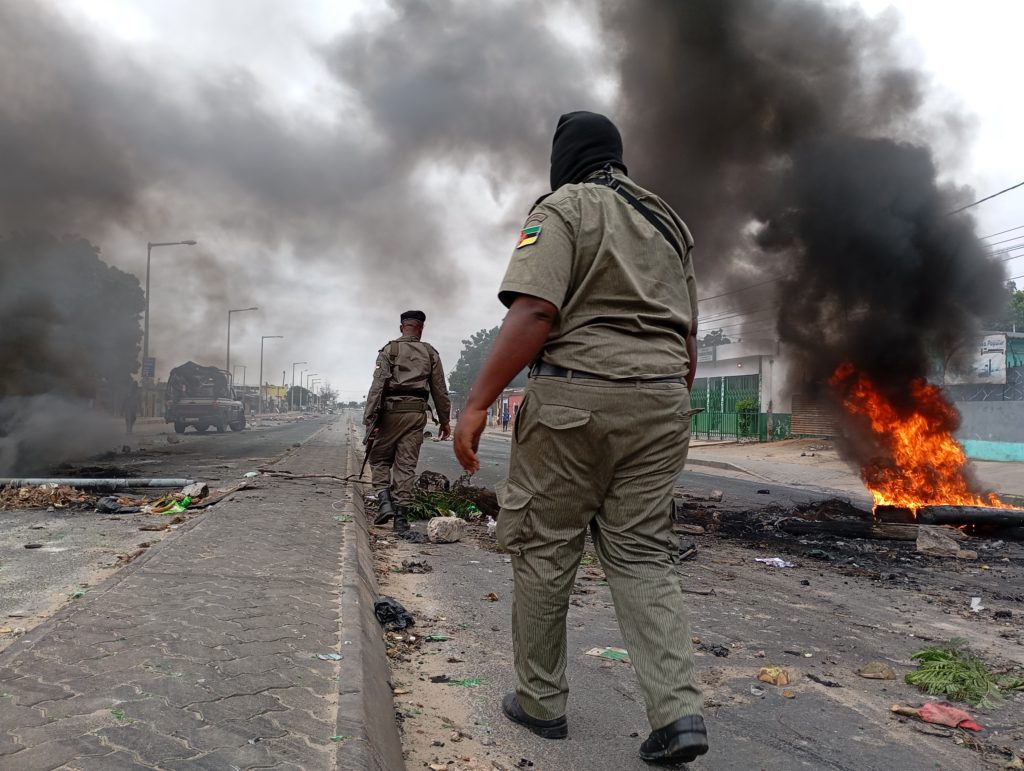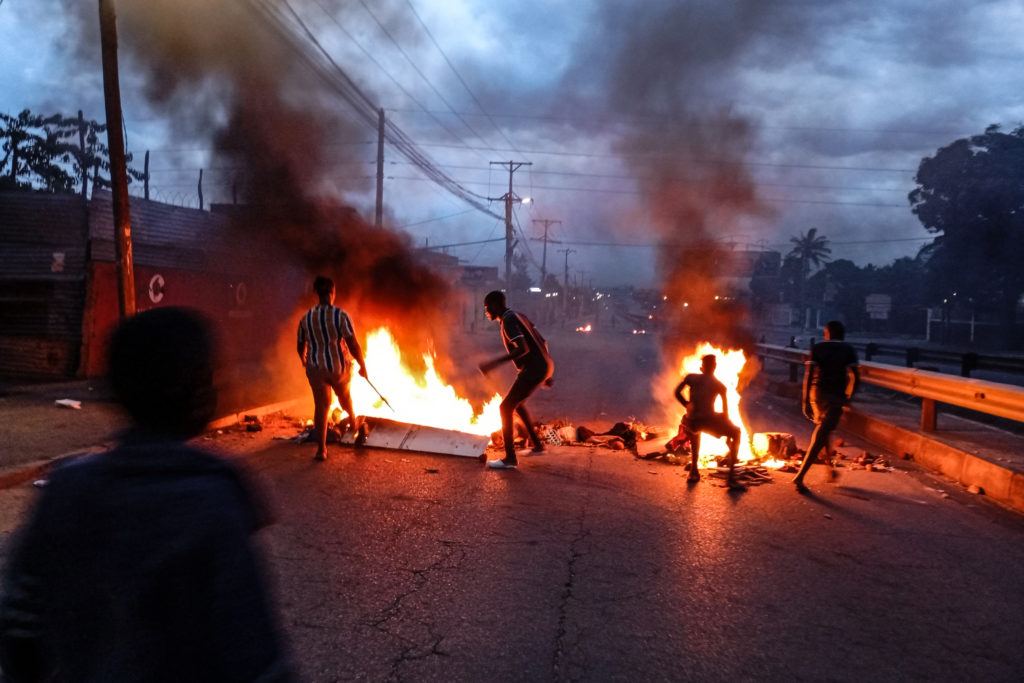Botswana’s new president took office Monday, praising his predecessor for allowing a smooth regime change without “apprehension” after elections that removed his party in power for nearly 60 years.The transition was a testament to Botswana’s mature democracy and an example for the rest of the world, President Duma Boko told reporters.He was speaking at the office of the presidency where outgoing Mokgweetsi Masisi handed him the administration and showed him around following Wednesday’s elections.Masisi conceded defeat two days later as soon as it became clear that his conservative Botswana Democratic Party (BDP), which had governed since independence in 1966, had suffered a landslide loss to Boko’s more left-leaning Umbrella for Democratic Change (UDC).”We were anxious, unsure of how this outcome would be dealt with, whether there would be acceptance and peaceful handover,” Boko said.But Masisi called and assured him he would concede and “here we are today without any apprehension or somersaulting”, he said. “This is a demonstration that our democracy has stood the test of time,” Boko declared. “If it were in other countries, those things would not have happened. We would be embroiled in civil strife, with the incumbent refusing to accept results,” he said.”Botswana today sends a message: democracy is alive, democracy is in action. Botswana is sending a message to the African continent and the rest of the world,” he added.Masisi’s BDP won just four seats to the UDC’s 36 in the election for parliament, a stunning reversal for a party that was co-founded by the first post-colonial president and had governed continuously for nearly 60 years.”We have demonstrated that democracy is not an abstract,” said Masisi, who served only one term. “The responsibility was massive because we never had a regime change before,” he said.The party will now take its place as the “vibrant opposition,” he added.The whirlwind transition in the diamond-rich and dry southern African country of 2.6 million people surprised many, with fears that irregularities or interference would be used to keep the conservative BDP in power. More than one million people had registered to vote, with the turnout at 80 percent.Many voters voiced concerns about economic mismanagement, the discrepancy between rich and poor and unemployment at around 27 percent.
Mon, 04 Nov 2024 12:24:33 GMT

